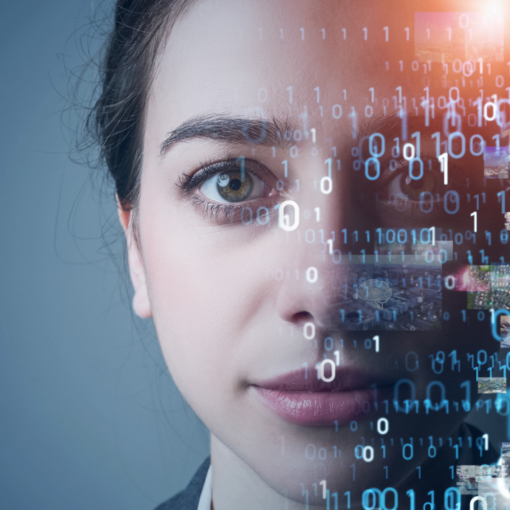Artificial Intelligence (AI) has emerged as one of the most transformative technologies of the modern era, promising to revolutionize numerous industries, from healthcare to finance. However, as AI’s capabilities continue to grow, many people wonder if it will eventually replace politicians. After all, politicians are human beings, prone to biases and other limitations, while AI is programmed to be objective and impartial. In this article, we will explore the potential for AI to replace politicians and the potential implications of such a shift.
The idea that AI could replace politicians is not new. It has been a topic of discussion among scholars, policymakers, and the public for several years. Supporters of this idea argue that AI could bring objectivity and efficiency to decision-making, eliminate corruption, and ensure that policy decisions are based on evidence and data, rather than ideology or personal interests.
Proponents of AI replacing politicians also argue that the technology could enable governments to automate certain administrative tasks, such as budget management and data analysis, freeing up politicians to focus on more complex and strategic issues. They also claim that AI could help politicians make better decisions by providing real-time data on issues such as public opinion, economic trends, and social media sentiment.
However, despite these potential benefits, there are several reasons why it is unlikely that AI will completely replace politicians. Firstly, politics is a complex field that requires a range of skills, including communication, empathy, creativity, and strategic thinking. While AI can assist with data analysis, it lacks the human skills and intuition that are necessary to navigate complex political issues.
Secondly, politics is not just about decision-making, it is also about power, influence, and persuasion. While AI can simulate human speech and generate content, it lacks the emotional intelligence and understanding of human nature that are necessary to build relationships and connect with people on an emotional level. In politics, these skills are critical for winning over voters, building coalitions, and negotiating with other governments.
Thirdly, while AI may be unbiased and objective, it is only as good as the data it is fed. AI systems can be biased if they are trained on data that is skewed or incomplete, which can lead to discriminatory policy decisions. It is therefore important to ensure that the data used to train AI is diverse and representative of all groups in society.
Fourthly, the use of AI in politics raises ethical and moral concerns. AI algorithms are designed to optimize certain objectives, which may not always align with the public interest. If AI is used to make policy decisions, who will be held accountable if those decisions turn out to be detrimental to society?
Finally, the replacement of politicians with AI could have significant social and economic consequences. If AI takes over administrative tasks, it could lead to job losses among government workers. It could also widen the gap between the political elite and ordinary citizens, further eroding trust in democratic institutions.
While AI can help politicians decide and streamline administrative tasks, it is unlikely that it will replace politicians completely. Politics is a complex field that requires a range of skills, including emotional intelligence, creativity, and strategic thinking, that cannot be replicated by AI. Moreover, the use of AI in politics raises ethical and moral concerns that need to be addressed before it can be adopted on a larger scale. Therefore, rather than replacing politicians, AI should be seen as a tool to augment and enhance their decision-making abilities.

